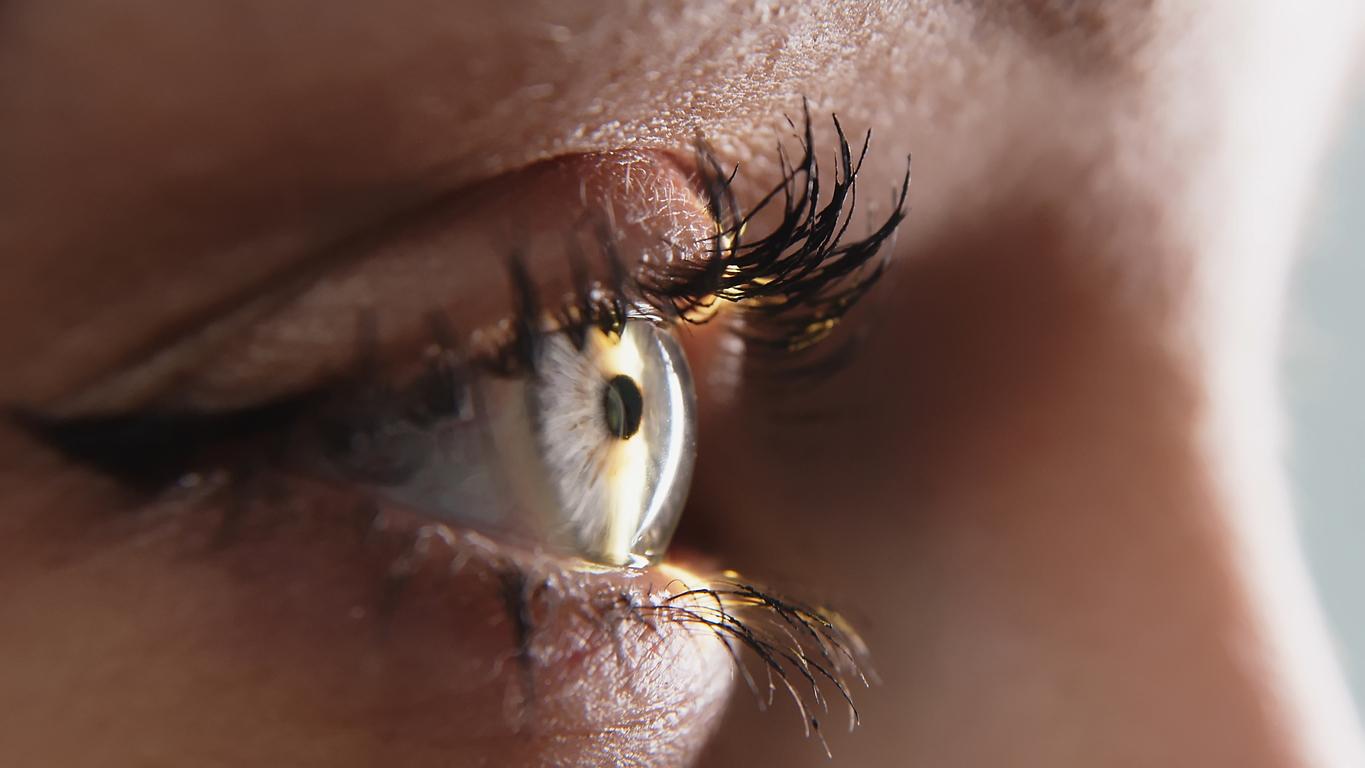The loss of sensation and tingling in the foot after sitting cross-legged for a long time is thought to be due to crushed nerves that disrupt the connection between the brain and the limbs.

- An exercise physiology professor explains the causes of loss of sensation in the foot after sitting cross-legged
- This phenomenon would be due, according to him, to the crushing of the nerves and not to a circulatory problem.
After quite a long time spent in the cross-legged sitting position, it is common when getting up to no longer feel your foot to the point of not being able to move it or at least to have significant tingling. “A traffic problem”, we often believe. Wrong! As Zachary Glenn recalls in The Conversationprofessor of exercise physiology at the University of Mississippi, it is in fact a phenomenon linked to the nerves, more precisely to the connection they provide between the brain and the limbs.
“I study what happens in our body when we move or when we play sports, the goal of my research is to understand how the brain is in communication and controls the different parts of our body”, explains Zachary Gillen. And for him, no doubt: “When you have ants, something is wrong in the communication between the brain and the muscles!”.
Several minutes before being able to walk normally
He takes the example of a person who has been sitting cross-legged for a moment and who, when getting up, can no longer move his right foot and feels tingling for several minutes before being able to walk normally again. “When you decide to move, the brain sends signals to the muscles to make sure they are working properly; but when the brain can no longer talk to a muscle, weird things happen including the sensation that the foot no longer responds “says Zachary Gillen.
But what interrupts this connection between the brain and the muscles? “The nerves carry messages in both directions to allow the brain and, in this case, the foot, to communicate with each other. When you no longer feel your foot, it is because the nerves have been crushed by the position in which we are sitting and that they are no longer able to transmit messages normally to the brain”, underlines the exercise physiologist. And it is this pressure on the nerves which, when released, results first in the feeling of ants and then in a return to normal.
Traffic out of the question
So here is the demonstration that exculpates the blood circulation in the phenomenon of ants in a foot after an unusual posture. “We often imagine the feeling of falling asleep occurs when the blood fails to reach the member … but this is not the case”, insists Zachary Gillen who also gives some advice to “avoid this unpleasant feeling” :
– Change position regularly
– Do not cross your legs too long
– Do not stay seated for too long.
















